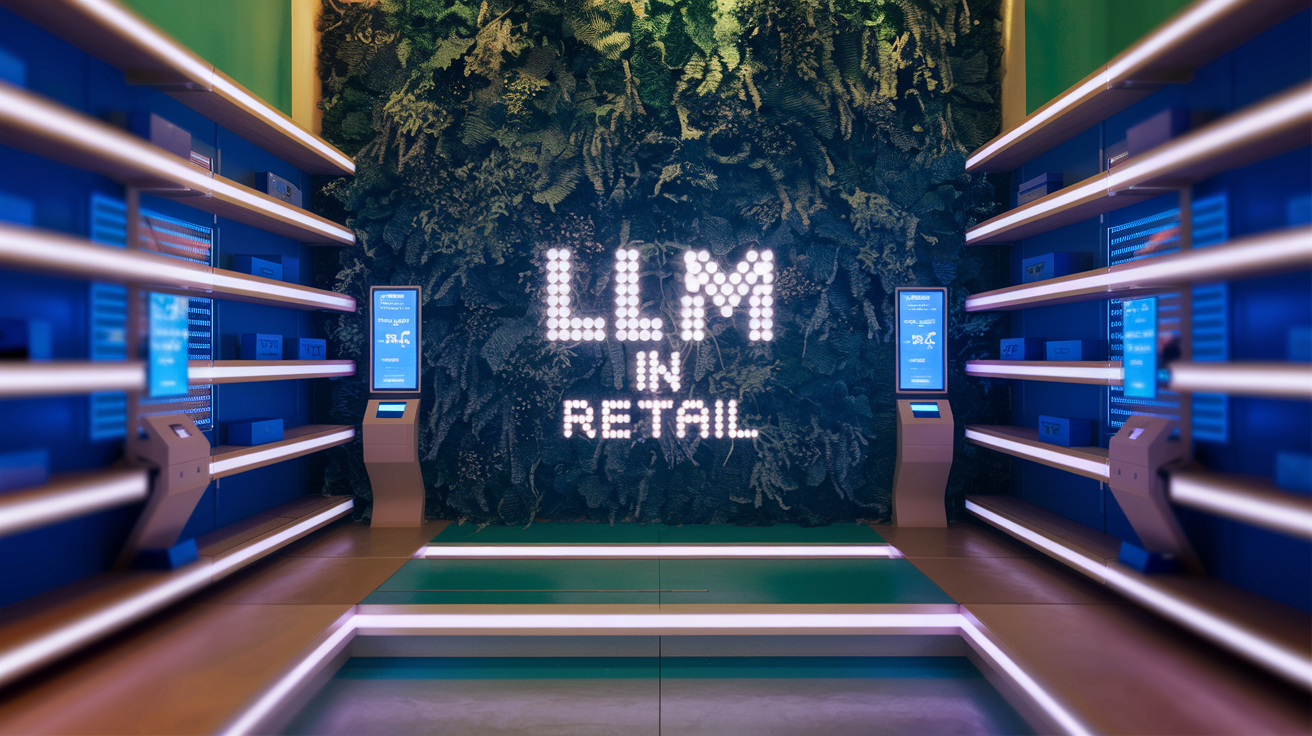
1. The Rise of Voice Commerce: Voice interactions are quickly becoming the next big channel in e-commerce. With smart speakers and digital assistants now woven into daily routines, shoppers are beginning to expect voice-enabled experiences that feel natural, responsive, and frictionless.
2. Hyper-Personalization Through AI: As LLMs become more sophisticated, personalization is moving from generic recommendations to hyper-targeted, real-time experiences. By analyzing a user’s behavior, preferences, and context, LLMs enable dynamic, individualized journeys that increase both engagement and conversion. (Digital Commerce 360)
3. Ethical AI and Bias Reduction: As LLM adoption grows, the spotlight is turning toward ethical AI development. Retailers must address algorithmic bias, ensure fair decision-making, and provide transparency around how AI influences customer experiences.
1. Improved Search Precision: LLMs decipher what users mean, not just what they say. Whether someone types “something comfy for summer evenings” or “affordable desk setup,” LLMs interpret these nuanced queries and deliver highly relevant results, making product discovery feel intuitive and intelligent.
2. Better Recall in Search Results: Unlike traditional engines that depend on keyword matching, LLMs leverage context and semantics to surface a wider array of relevant results. This not only reduces dead-ends but encourages product exploration, increasing cart value and conversion rates. (Forbes)
3. AI-powered virtual Shopping Assistants: Imagine a digital store associate who’s always available, always attentive, and never sleeps. LLM-powered virtual assistants are fast becoming essential to online retail. They guide shoppers, suggest products, clarify doubts, and personalize recommendations—offering a fluid, in-store-like experience in a digital environment. (Digital Commerce 360)
-
Stronger Customer Loyalty: With deeply personalized, value-added interactions, customers feel understood and emotionally connected to the brand.
-
Sharper Sales Efficiency: LLMs enable precision targeting in marketing, ensuring each campaign reaches the right person at the right time with the right message.
-
Lower Operational Overhead: By automating tasks like content writing, product tagging, and customer support, businesses free up valuable resources for strategy and innovation. (Chain Store Age)

Posted by PDI Marketing Team
Pacific Data Integrators Offers Unique Data Solutions Leveraging AI/ML, Large Language Models (Open AI: GPT-4, Meta: Llama2, Databricks: Dolly), Cloud, Data Management and Analytics Technologies, Helping Leading Organizations Solve Their Critical Business Challenges, Drive Data Driven Insights, Improve Decision-Making, and Achieve Business Objectives.




